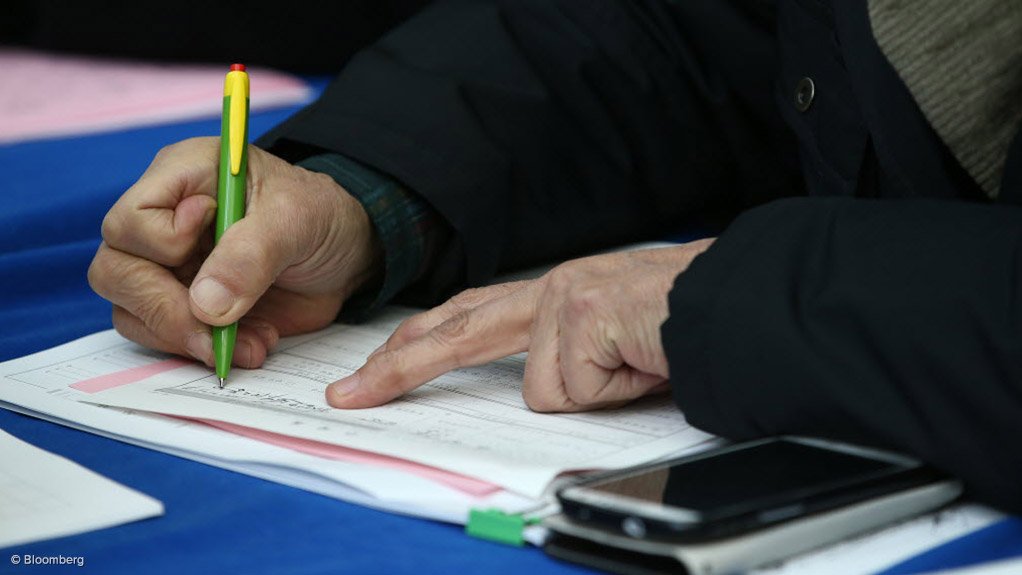South Africa needed a "real youth wage subsidy instead of a watered down incentive scheme" to create jobs and decrease youth unemployment, the Democratic Alliance (DA) said on Sunday.
"The report [by the University of Cape Town] supports the DA's position that Cosatu's bullying of government into a weaker tax incentive for employing youth, rather than a strong youth wage subsidy, will not have the same impact on creating jobs for young people that South Africa desperately needs," party parliamentary leader Mmusi Maimane said in a statement.
He said the DA supported the adoption of the ETI (employment tax incentive) in 2013 "with reservations, noting that the final version had been significantly watered down from the initial proposal."
"Moreover, the delay in tabling the Bill in Parliament, caused by the stand-off between the ANC and Cosatu, led to 218 000 young job seekers joining the ranks of the unemployed," Maimane said.
The employment tax incentive was implemented in January last year to encourage employers to hire young people and reverse the high levels of youth unemployment.
The Congress of South African Trade Unions opposed the incentive scheme, stating that it would lead to companies replacing older workers with younger ones.
A study by the University of Cape Town's Southern African Labour and Development Research Unit found that the incentive was not effective in addressing youth unemployment.
The study found that it was a very expensive government subsidy to businesses, with very limited impact, the authors said.
On Wednesday, Equal Education, supporting the findings of the UCT study, called for the scrapping of the incentive scheme.
"Before the Act was passed Equal Education made detailed submissions to Treasury explaining why it would fail. We argued that it amounted to nothing more than a costly subsidy to business," the organisation said.
"This failing program was lobbied for aggressively by the DA and legislated into law by the ANC government."
On Thursday, the Treasury reportedly stated that 270 000 people were employed since the implementation of the incentive.
At least 29 000 employers were claiming from the scheme, the Business Day reported.
Maimane said the scheme was a tax incentive and not a wage subsidy.
"This limits its impact on informal sector firms and smaller firms that are not registered for PAYE [Pay as You Earn]."
"The meagre budget of R5-billion for the entire programme means that the value of the incentive may be too low to encourage firms to create new jobs," he said.
The party would continue to fight for a "real youth wage subsidy" in Parliament this year, Maimane said.
EMAIL THIS ARTICLE SAVE THIS ARTICLE
To subscribe email subscriptions@creamermedia.co.za or click here
To advertise email advertising@creamermedia.co.za or click here











